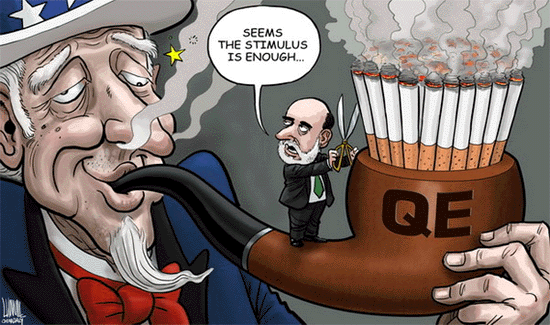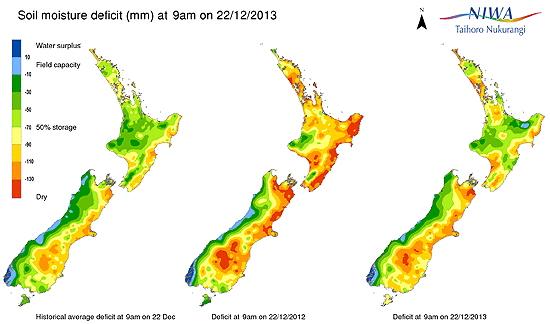
Here's my summary of the key news overnight to keep you up-to-date quickly over these holidays.
New Zealand banks have rushed to raise mortgage rates and remove 'specials'. All the details are here.
Only a couple (ANZ and Kiwibank) have also raised deposit rates.
Wholesale money costs are rising, although credit spreads are falling.
Last week's good run of economic news for New Zealand is catching the attention of the world's biggest money manager. BlackRock now thinks the RBNZ will raise the OCR by a full 50 bps in January. That is a much more bullish outlook than local economists have been expressing.

The European Union has been stripped of its AAA credit rating from Standard & Poor’s, which cited the deteriorating credit worthiness of the bloc’s 28 members. S&P cut its long-term rating on the EU to AA+, with a stable outlook, from AAA and maintained its short-term rating at A-1+.
American economic growth for Q3 was revised higher again. The final number is that it grew at an annual rate of 4.1% in the September quarter. The first estimate was +2.8%; then it was raised to +3.6% on inventory revisions. Now, after final data on personal consumption and business investment, it has settled on the +4.1% for that quarter. It validates the Fed decision to start tapering. The IMF is having to change its tune on the US economy.

China is at another seasonal liquidity pressure point and banks are starting to compete for retail deposits in a US$17 trillion savings base. It is the smaller banks that are leading the move. The pressure is on to resolve these liquidity crunches and the cental bank is signaling it will be bringing in a deposit insurance scheme. As more competition arrives for the financial sector, the government wants a back-stop system to reassure depositors the system is safe. The big state-owned banks aren't happy because they operate with an implied scheme and don't pay for that perceived protection. They will have to under the new proposals.
China aims to start building at least 6 million units of public housing next year, state media said on Saturday, reinforcing a government effort to supply more low-cost homes to counter record property prices. But next year's target is lower than the 2013 objective, even though China built more public homes this year than it had planned. The country began building 6.7 million units of public homes this year and has completed 80% of them which was more than planned. Large-scale construction of public homes in China not only supports growth in the world's second-largest economy, it also helps to quell discontent over soaring house prices, Reuters reported.
The Queensland and NSW cattle industry is in trouble as rains look likely to fail again for a second straight year. The situation is stirring up tensions between cattle ranchers, government and environmental groups over the use of Australia's public park lands. Cattle prices are plummeting and starving stock is being destroyed in the world's No. 2 beef exporter after Brazil. Farmers warn the situation will deteriorate if the government of the Queensland state - which accounts for nearly half the nation's cattle -sticks to a year-end deadline to close five national parks to grazing. Lawmakers threw the lifeline to their NZ$8 bln cattle industry earlier this year, after seasonal monsoon rains failed. The situation is getting very serious now. More from the WSJ.
The NZ dollar starts today at 81.9 USc, 92.1 AUc, and the TWI is at 77.5.
The easiest place to stay up with today's event risk is by following our Economic Calendar here »

No chart with that title exists.

We welcome your comments below. If you are not already registered, please register to comment
Remember we welcome robust, respectful and insightful debate. We don't welcome abusive or defamatory comments and will de-register those repeatedly making such comments. Our current comment policy is here.